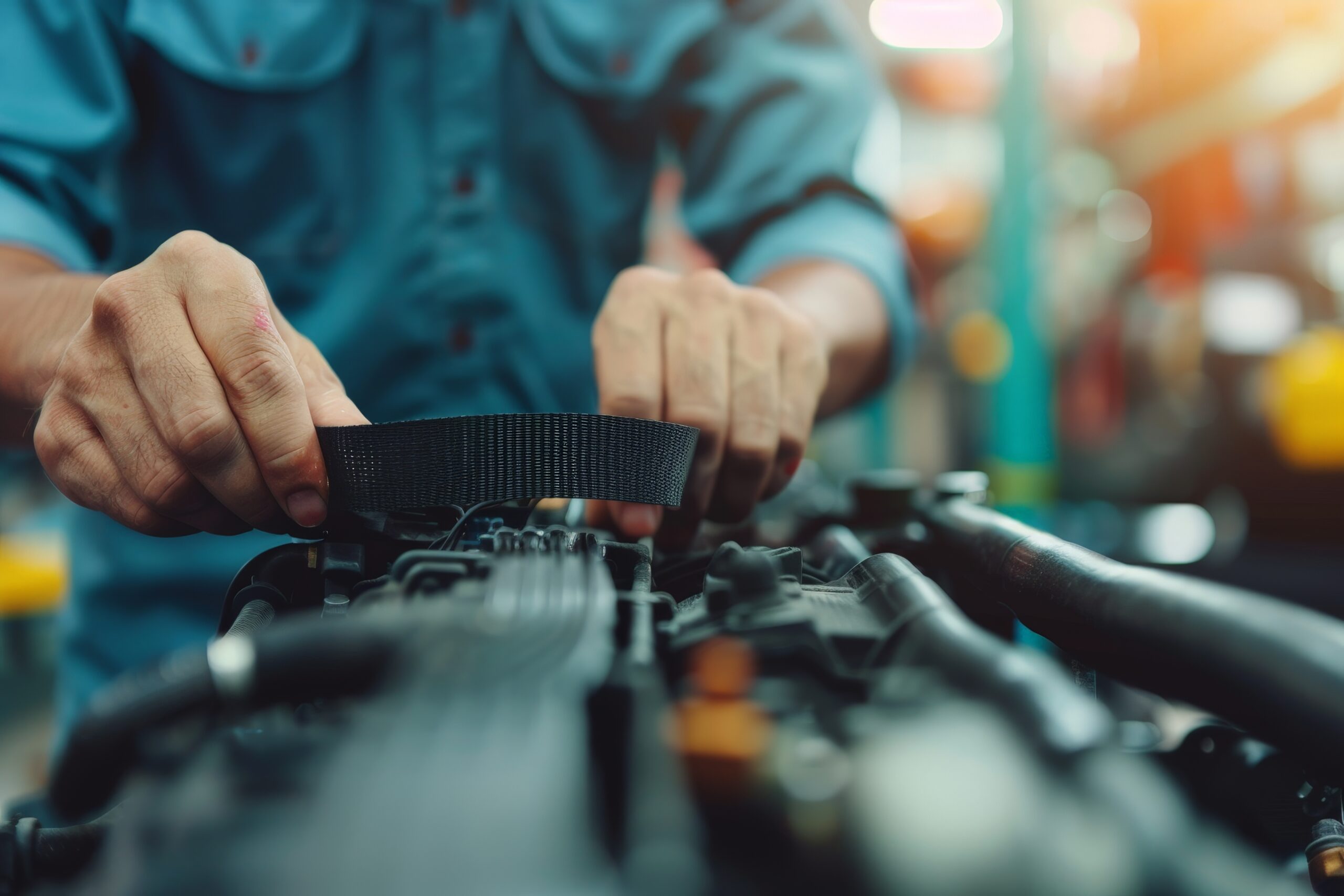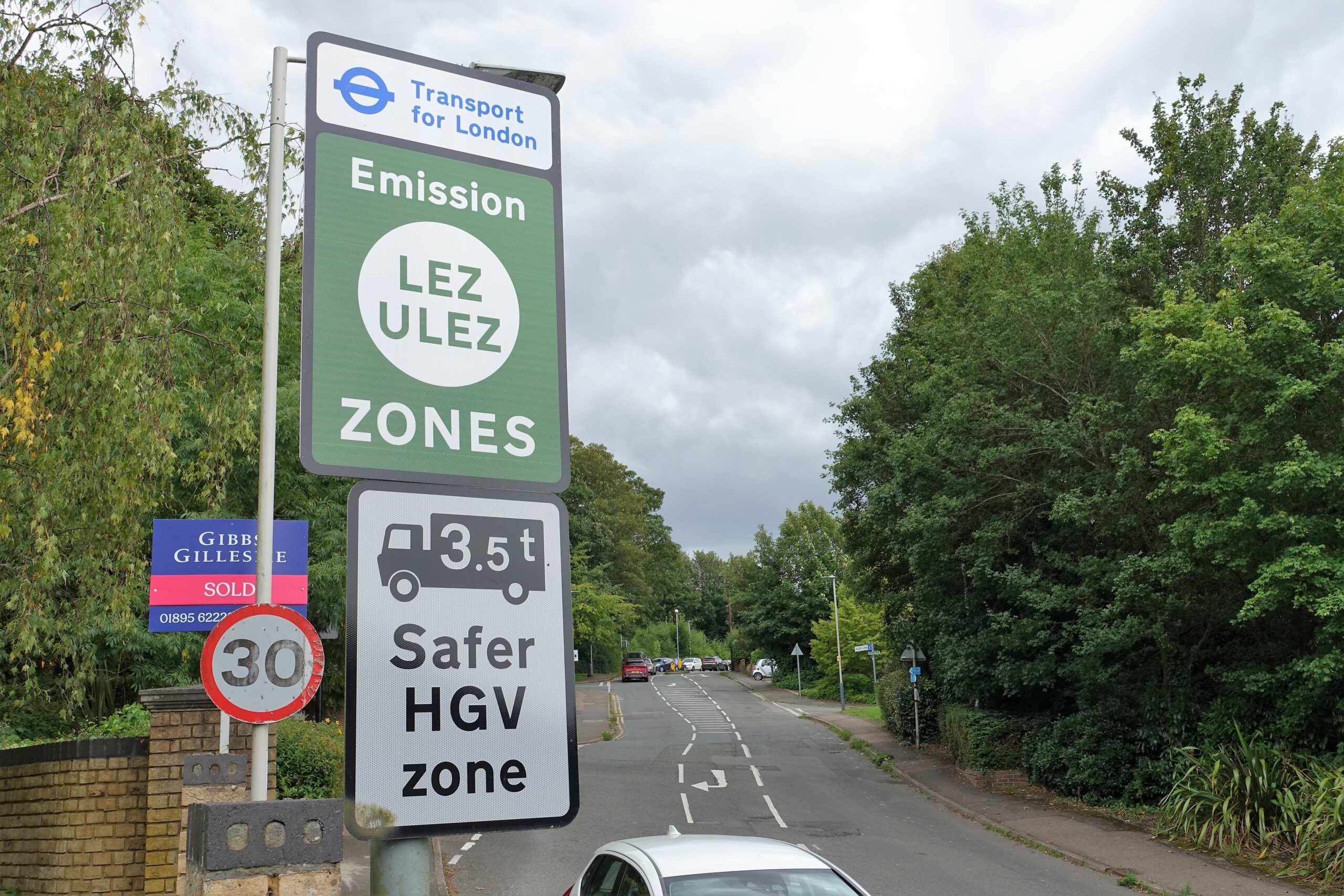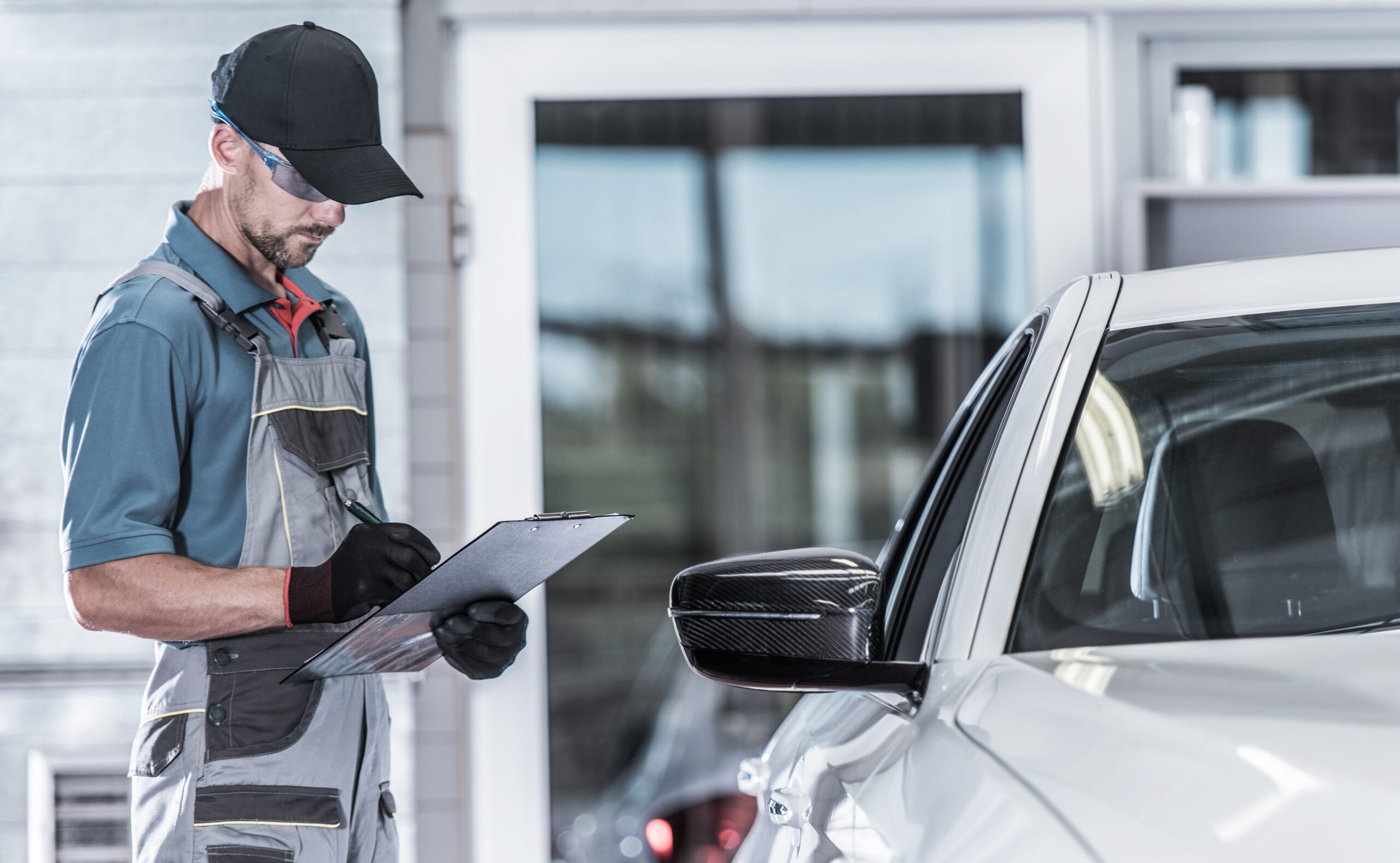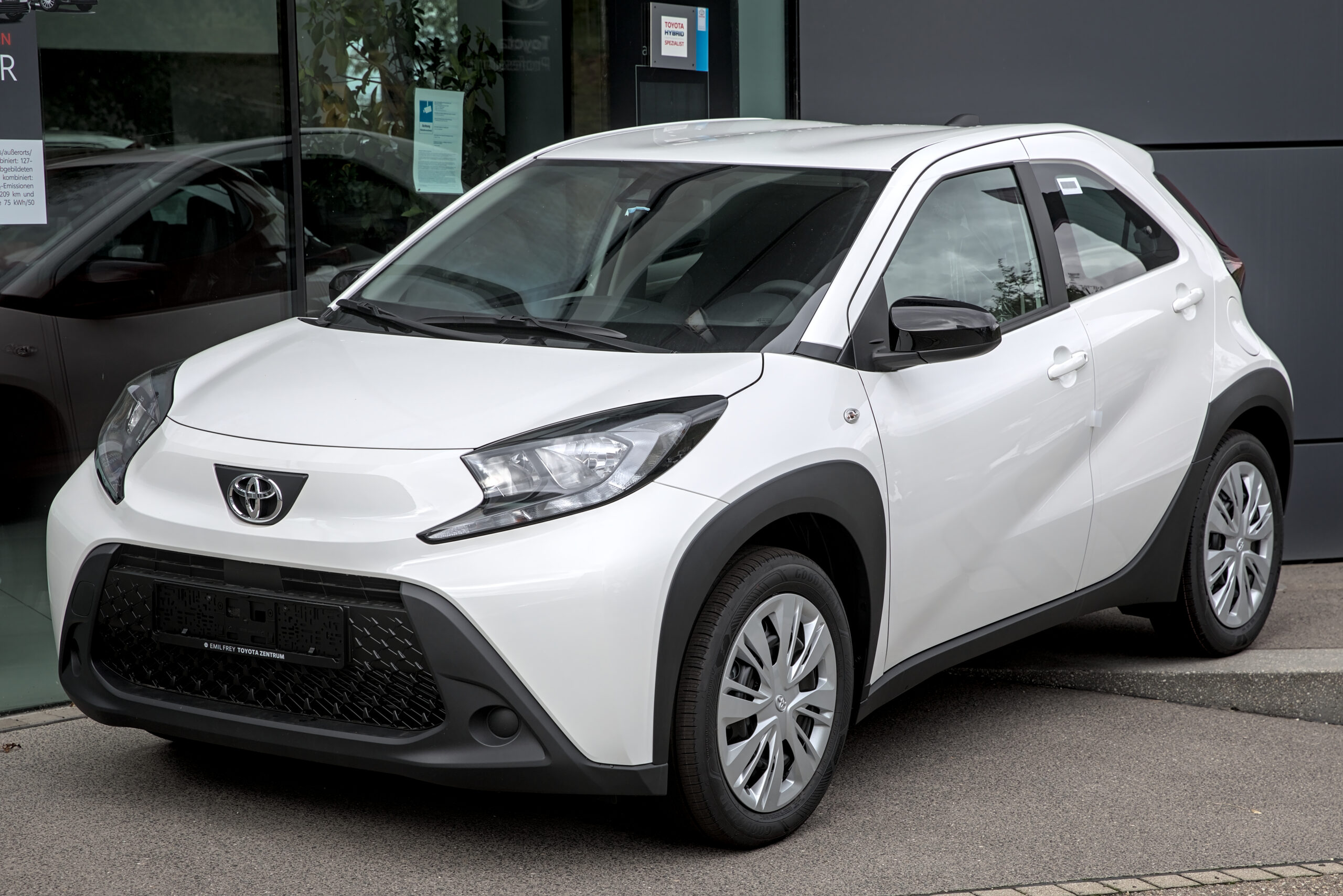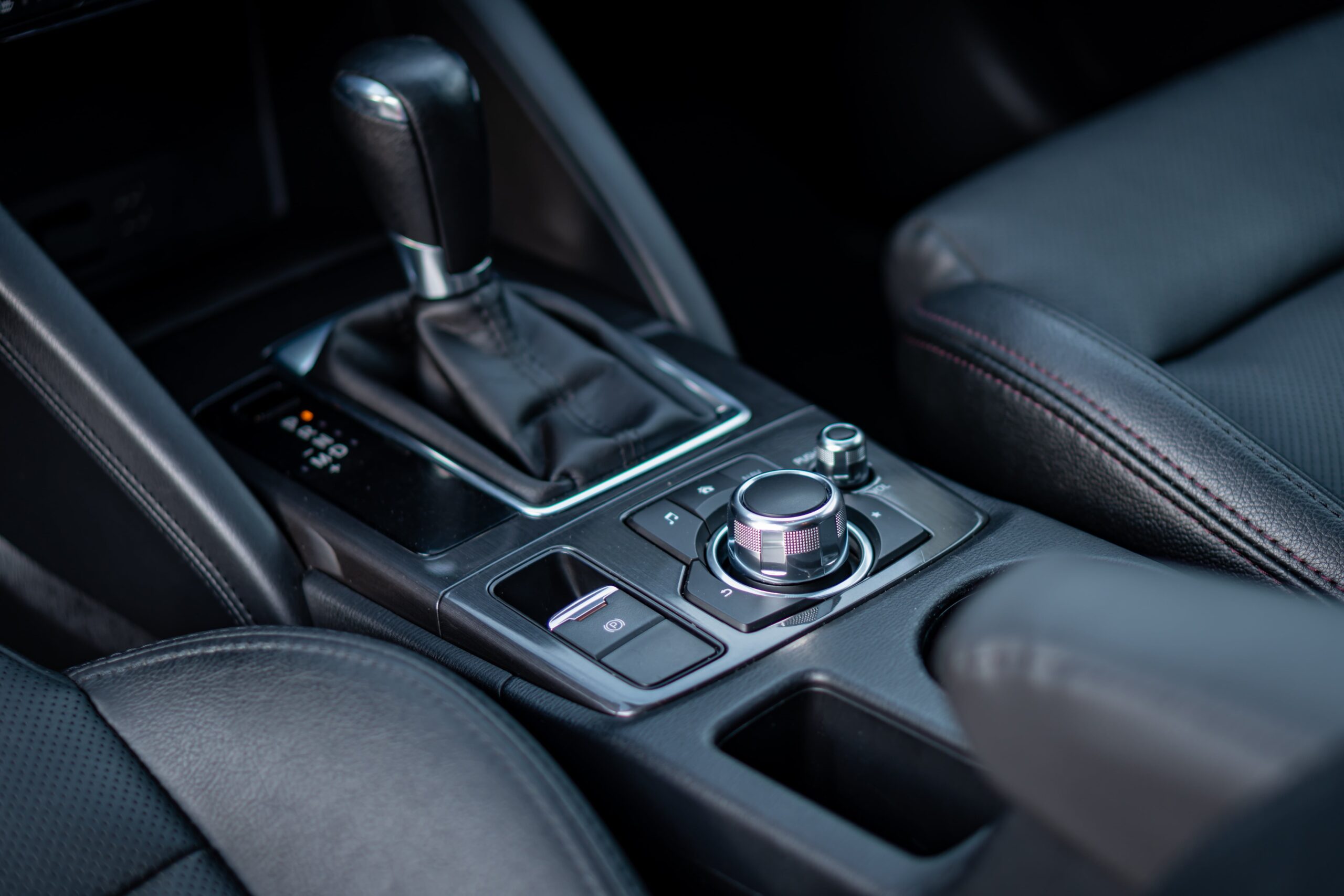
The Essential Car Service Guide – What You Need to Know!
Your car is one of the most important investments, so it’s important to keep up with regular servicing and maintenance. Knowing what car service entails, how long it takes, and how much it costs are all helpful factors when making decisions on maintaining your vehicle.
With this guide, we’ll explore these topics in detail to help you understand the basics of car service and equip you to make the right choices for your vehicle.
Read on to learn more!
What is a Car Service?
Car service is a comprehensive check-up of your vehicle’s essential components carried out by professional mechanics. It’s like a routine health check-up for your car, where checks and adjustments are made to the vehicle’s key systems and components, including the engine, transmission, brakes, and tyres.
Regular car service not only ensures your vehicle is performing optimally and safely, but it can also prolong the life of your car, improve fuel efficiency, and maintain its value.
Remember, it’s far better to address minor issues before they become major problems!
Types of Car Service

Car service varies depending on the type chosen. Each type comes with unique checks, adjustments, and potential repairs. Here are some common types:
Interim Service: It includes a 50-point inspection, engine oil change and a new oil filter installation. While helpful in catching issues early, it should not replace a full service.
Full Service: It includes a 77-point inspection, engine oil change, new oil filters, and air filters. During a full service, a mechanic will analyse all the vital parts of the car, along with the safety and mechanical systems. It also includes replacing items with a certain lifespan that could cause major issues if not addressed.
Manufacturer Service: If you have a high-spec vehicle, older car, or very expensive model, you might need a manufacturer service. Details for this service are found in the manufacturer’s handbook, and it needs to be performed at the manufacturer’s garage or dealership. Though more expensive, it only includes official parts and fluids and is carried out by professionals from the manufacturer.
Major Service: This is an even more comprehensive version of a full service that includes a wide range of replacements and fixes to the vehicle. It’s perfect for ensuring your vehicle is in top-notch condition.
Remember, the actual inclusions in your service depend largely on the type chosen. The goal of any car service is to ensure your vehicle is running safely and efficiently.
Related: Why You Shouldn’t Miss a Car Service
What Does a Car Service Include?
Car service includes a range of maintenance tasks and inspections that are performed on a vehicle to ensure its optimal performance, safety, and longevity. The specific tasks included in a car service can vary based on the type of service (interim, full, major), the vehicle’s make and model, and the garage’s service offerings.
Here are some common components of car service:
1. Engine oil and oil filter replacement: This is crucial for maintaining proper lubrication and overall engine health.
2. Fluid inspection and top-up: Essential fluids such as coolant, brake fluid, power steering fluid, and washer fluid are checked and replenished as necessary.
3. Brake inspection: The condition of brake pads, discs, and fluid levels are checked to ensure optimal braking performance.
4. Tyre check and rotation: Tyre condition, tread depth, and pressure are inspected, and tyres are rotated to promote even wear.
5. Suspension and steering system check: Any signs of wear or issues in the suspension components, shocks, struts, and steering system are looked for.
6. Battery check: The battery’s condition, connections, and voltage are examined for reliable start-up.
7. Air filter replacement: This maintains proper air intake and fuel efficiency.
8. Cabin air filter replacement: Ensures clean air circulation within the vehicle.
9. Spark plug replacement: Ensures efficient combustion and engine performance.
10. Belts and hoses check: The serpentine belt and other hoses are checked for wear, cracks, or leaks.
11. Lighting inspection: Headlights, taillights, brake lights, turn signals, and other exterior lights are checked.
12. Exhaust system inspection: The system is examined for leaks, corrosion, and proper emissions performance.
13. Wiper blade replacement: Ensures clear visibility during adverse weather.
14. Vehicle body inspection: The vehicle’s exterior, interior, and undercarriage are thoroughly checked for visible issues.
15. Diagnostic scans: Performed using onboard diagnostics (OBD) systems to identify any stored error codes or issues.
16. Emission control system check: To ensure compliance with environmental regulations.
17. Safety feature inspection: Seat belts, airbags and the overall vehicle structure are inspected for safety compliance.
The components listed above provide a general overview of what a car service can include. The depth and extent of these tasks can vary based on the type of service chosen and the garage’s procedures.
It’s essential to follow your vehicle manufacturer’s recommended service schedule and consult with professionals to ensure your car receives the necessary maintenance for safe and reliable operation.
Looking to Sell Your Car?
Find out how much your car is worth by using our handy tool. Get an instant cash offer for your car and upgrade your ride!
7 Benefits of Regular Car Service

Regular car servicing presents a multitude of benefits that help you save money, increase safety, and maintain the performance of your vehicle.
Here are some of the benefits you can expect:
1. Preventative maintenance: Regular car service can identify potential issues before they become serious (and costly) problems. This proactive approach helps to avoid sudden breakdowns and expensive repairs, thus saving you money in the long run.
2. Safety: A well-serviced car is a safe car. With regular checks on critical systems like brakes, tyres, and suspension, you can have peace of mind knowing that your vehicle is in good condition and less likely to be involved in an accident due to mechanical failure.
3. Longevity: Regular car servicing can significantly extend the life of your vehicle. By maintaining all parts in top condition, you will ensure that your car remains reliable for many more miles.
4. Fuel Efficiency: Keeping your engine well-tuned and in good repair improves its performance, thus increasing fuel efficiency. This means fewer trips to the pump and more savings in your pocket.
5. Value retention: A well-maintained car has a higher resale value. Regular servicing records demonstrate to potential buyers that the vehicle has been well cared for.
6. Environmental impact: Regular servicing helps keep your vehicle’s emissions low, contributing to a cleaner environment.
7. Driving Experience: Regular car service ensures that your vehicle is running at its best, thus improving the driving experience. You can enjoy a smoother ride with enhanced steering and braking performance when all components are in top condition.
A small investment in car service can lead to significant benefits in the long run, from financial savings to peace of mind.
How Often Should You Service Your Car?

The frequency at which you should service your car depends on several factors, including the car’s make, model, age, and mileage. As a general guide:
Regular maintenance, such as oil and filter changes, should be carried out as needed. This can often be identified by changes in your car’s performance or mileage.
Interim service is recommended every 6 months or every 6,000 miles, whichever comes first. These are smaller checks that maintain your vehicle and its performance between full services.
A full service typically happens every 12 months or every 12,000 miles, whichever comes first. This service is more comprehensive, ensuring deeper checks and more part replacements.
Manufacturer services should be carried out according to your manufacturer’s service schedule, which can be found in your vehicle’s manual. These services are specific to your vehicle’s make and model, including only parts and fluids.
If you frequently use your car for long-distance trips or in harsh driving conditions, you may need to service it more frequently. Most importantly, always follow your car manufacturer’s recommendations for maintenance schedules. Your car’s manual will provide tailored guidance on this matter.
Related: 5 Reasons to Do Regular Oil Changes and Fluid Checks
How Long Does a Car Service Take?

The duration of a car service can significantly vary, largely dependent on the type of service required and the specific model of your vehicle. For those unfamiliar with taking their car in for a full service, you could be wondering about the time commitment involved.
A regular service typically takes around one to two hours and includes basic checks and routine maintenance tasks.
On the other hand, a full car service, covering a comprehensive range of checks and replacements, generally takes about three hours. Given this, you’d ordinarily have your car back on the same day, assuming no serious issues are identified during the service.
However, remember that larger and more complex vehicles might require a longer servicing time. Moreover, there’s a significant difference in the time required for an MOT and a full service, with the former being quicker due to its more focused scope.
The complexity of the service also factors into the required timeframe.
In most scenarios, the service centre should offer an estimate of the time needed to complete the service and keep you updated in case any delays or issues arise during the process.
Remember that these are general estimates, and your experience may vary, so it’s always a good idea to consult with your service centre for the most accurate timing information.
How Much Does a Car Service Cost?

The cost of car service can vary greatly, influenced by factors such as the make and model of your vehicle, its age, size, mileage, previous service history, the location of the garage, the time of year, and so forth.
So, while providing a breakdown of expected costs, keep in mind that these figures are subject to change and could be significantly higher or, in some cases, slightly lower.
Oil and Filter Change: This routine maintenance task is priced between £60 to £70 and takes about 30 to 60 minutes to complete.
Interim Service: This lesser comprehensive service can cost you £75 to £120, typically completed within 1 to 1.5 hours.
Full Service: A more thorough service covering a wider range of checks and replacements is generally priced from £155 to £250+. This process usually takes about 2 to 3 hours.
Full Service and MOT: This service, which includes a full service and an MOT test, tends to cost around £190 and can take from 2 to 3+ hours.
Major Service: This extensive service, designed for vehicles needing substantial work, can cost anywhere from £200 to £400+ and generally requires 2 to 3+ hours to complete.
These are general estimates, and prices can significantly vary based on the factors mentioned earlier. Always consult with your service centre for the most accurate cost information.
Also Read: Why Neglected Car Condition Increases Collision Risks
The Impact of Car Service History on Vehicle Value
The service history of a car is a crucial factor that can significantly impact its value, especially when it comes to selling or trading in. This history provides a record of the maintenance and repairs the vehicle has undergone, offering a transparent look at how well the car has been cared for.
No Service History: A car with no service history can be a red flag for potential car buyers. Without a record of regular maintenance, there’s no way to verify if the car has been properly cared for. This uncertainty often leads to a lower valuation.
Partial Service History: A partial service history means that there are some records of maintenance and repairs, but it’s not complete. This could be due to lost documents or gaps in service. While this is better than having no history at all, it still leaves room for questions about the vehicle’s care during the undocumented periods. Consequently, this might lower the car’s value to some extent.
Full Service History: A full-service history is ideal and highly valued. It indicates that the car has been consistently maintained, with all services carried out as per schedule. This comprehensive record can significantly boost the car’s value as it assures potential buyers of the vehicle’s good condition.
Car Service History: Manufacturer Vs. Independent Garage
Service history from a manufacturer indicates that the car has been serviced by the manufacturer’s authorised service centres, which use original parts and follow the manufacturer’s guidelines for maintenance. This can improve the car’s resale value.
On the other hand, service history from an independent garage might not necessarily lower the car’s value, especially if the garage is reputable and known for high-quality work.
However, It’s worth noting that the manufacturer’s service history will always hold more value in the eyes of potential car buyers.
The takeaway here is that car buyers will look for evidence of proper care and maintenance, so it’s essential to keep a complete service history in order to get the best possible value when selling or trading in. Moreover, make sure to follow your car manufacturer’s recommended schedule to maintain the health of your vehicle and preserve its value as much as possible.
Tips for Choosing the Right Car Service Provider

Choosing the right car service provider is crucial to ensure you receive quality service, fair pricing, and trustworthy advice.
Here are some tips to consider:
1. Experience and Certification: Choose a service centre that has experienced, certified technicians. This ensures they have the necessary skills and knowledge to handle various types of vehicle issues and perform services correctly.
2. Reputation: Look for customer reviews and recommendations online or from people you know. Positive feedback and a good reputation usually indicate a dependable service provider.
3. Specialisation: If you own a specific make or model, you might want to consider a service centre that specialises in that brand. They’ll likely have more specific knowledge and parts available for your vehicle.
4. Convenience: Consider the location and hours of operation. A service centre that’s close by and open at convenient times can make the process a lot easier.
5. Customer Service: The way a service centre treats its customers is important. Good customer service indicates that they value their customers and aim to provide satisfactory service.
6. Transparent Pricing: Make sure the service centre provides clear and upfront pricing for their services. Avoid providers who are vague about their costs or have hidden charges.
Keep in mind that the cheapest provider may not always be the best. Consider all these factors to ensure you get the best value for your money.
Ready to Sell Your Car?
Determine its value instantly. Get a speedy cash offer from our network of trustworthy car buyers.
FAQ (Frequently Asked Questions)
Does a Full Service Include MOT?
No, a full service does not automatically include an MOT test. These are two separate procedures. A full service entails a comprehensive check and the replacement of parts as required to ensure your vehicle is functioning optimally, while an MOT is a legal requirement in the UK to ascertain the roadworthiness of your vehicle.
However, you can often book a full service and MOT together as a package at many service centres, which not only saves you time but may also be more cost-effective, depending on the service centre.
Is It Illegal to Not Service Your Car?
In the UK, it is not illegal to skip car service. However, driving an unserviced vehicle can be a safety risk and could lead to expensive repairs down the line.
It’s important to follow your vehicle manufacturer’s recommended service schedule and have any necessary repairs or replacements done as soon as possible. This will help keep you safe on the roads and extend the life and performance of your vehicle.
How Often Should I Change My Oil?
The frequency at which you should change your car’s oil depends on several factors, such as the make and model of your car, the type of oil used, and your driving habits. However, a general rule of thumb suggests changing your oil every 3,000 miles.
More modern cars with advanced engine technology, using synthetic oil, can often go between 5,000 and 10,000 miles before needing an oil change.
Always consult your car owner’s manual for the manufacturer’s specific recommendations. Regular oil changes are a critical part of vehicle maintenance as they keep your engine running smoothly and extend its lifespan.
Do I Really Need a Car Service?
Yes, regular car service is crucial for the upkeep of your vehicle. It helps maintain vehicle reliability and longevity, ensuring your vehicle is operating at its optimal level. Regular servicing can help detect potential issues early and remedy them before they escalate into more significant, expensive problems.
Furthermore, a well-maintained car retains its value better, making it worth more when you decide to sell it. More importantly, a serviced car is a safer car – it reduces the risk of breakdowns and accidents caused by vehicle malfunction.
Therefore, regular servicing is not just a recommended maintenance procedure but an investment in your vehicle’s health and your safety on the road.
Is it Worth Paying for a Car Service?
Yes, it is absolutely worth paying for a car service. Regular car service is an investment in ensuring the longevity and optimal performance of your vehicle.
It helps identify potential issues before they become significant problems, thereby saving you from expensive repairs in the future. Moreover, a well-serviced car provides a smoother, safer driving experience and is less likely to break down unexpectedly.
In addition, maintaining a consistent service history can greatly enhance your vehicle’s resale value. Hence, the cost of regular car service is a small price to pay for peace of mind, safety, and long-term savings.
Do I Need a Full Service Every Year?
The frequency of needing a full service for your car depends on your vehicle’s manufacturer, model, age, mileage, and how you use it. Generally, many manufacturers recommend a full service every 12,000 miles or every 12 months, whichever comes first. However, this can vary, so it’s essential to check your vehicle’s service manual for specific recommendations.
If you cover a lot of miles in a short time, you might need a full service more often. Regular servicing, not necessarily a full one, is crucial for maintaining the performance and safety of your car. Remember that ignoring the need for a service to save money can result in more costly repairs in the future due to preventable issues.
What is The Difference Between a Service and a Repair?
A service is a preventative measure that checks for any issues and replaces parts as needed to ensure optimal performance of your vehicle. It is generally conducted at regular intervals, such as after a certain number of miles or months.
On the other hand, a repair fixes an existing issue in your car due to wear and tear or damage caused by accidents. Repairs are typically done on an as-needed basis and will likely be more expensive than a service, as it involves replacing parts.
Final Thoughts
We hope this guide has given you a better understanding of car service, the types of services available, and how to find the right provider for your needs. Regular maintenance is essential for ensuring your vehicle runs in optimal condition and avoiding unexpected breakdowns.
Following manufacturer recommendations and quality advice from an experienced service centre will help you keep your car running smoothly for many years to come.
